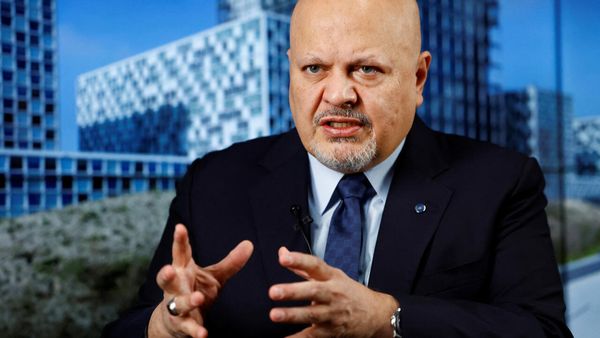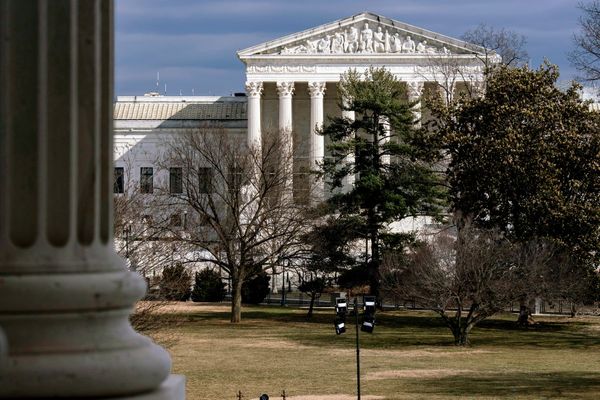Economists agree that the U.S. is teetering on the edge of recession. Someone forgot to tell air travelers.


On Thursday, Delta Air Lines, the first big carrier to release third-quarter earnings, reported adjusted revenue of $12.8 billion, which were 11% higher than during the same period of prepandemic 2019.
Earnings were slightly below what Wall Street expected, but guidance suggesting that travel demand remains extraordinarily strong led shares of all U.S. carriers to shoot up.
The Atlanta-based airline said sales in the current quarter could grow as much as 9% from three years ago. This would imply a fall of just 4% relative to the July-to-September period, which would be impressive for the start of the winter season. The pre-Covid average fall was 9%.
Other airlines are also saying that the postpandemic surge in travel demand is persisting.
In an update to its third-quarter outlook, American Airlines said Tuesday that revenues and margins would both be higher than previously believed. In Europe, shares in British Airways-owner IAG rose more than 7% Thursday after it said profit would beat earlier guidance, and that forward bookings remain elevated.
For many months now, people have kept increasing their spending on plane tickets -- even ahead of rising fuel price -- despite inflation eroding households' purchasing power and fears of a recession denting consumer sentiment.
Airline stocks have still had a dismal 2022: U.S. full-service carriers have lost 53% of their equity-market value since the start of the pandemic, FactSet data suggests, with the nimbler budget airlines losing 40%.
Staffing shortages and cancellations have generated an almost continuous stream of bad headlines, and investors are avoiding all companies exposed to the economic cycle like the plague.
While it is hard to dismiss the high-level macroeconomic arguments against buying into the sector, more indicators on the ground are starting to paint a more optimistic picture, particularly when it comes to longer-term investments in network airlines like Delta, which base most of their profitability on premium cabins.
According to Skytra, an Airbus-owned startup that builds airfare indexes, business-cabin volumes in the domestic North American and European markets were, respectively, 16% and 13% higher in the last quarter than in the same prepandemic period.
For the fourth quarter, they are currently running a whopping 26% and 28% ahead. Similar trends are starting to emerge in the recently reopened transatlantic market as well.
This is crucial because many executives and analysts have warned since 2020 that videoconferencing will eliminate a chunk of this travel market. Instead, business cabins are back in high demand and, atypically, being booked many months in advance.
"It could be a sign of an increasing number of leisure passengers booking business-class tickets, given corporate travelers typically don't book more than one month in advance," said Skytra chief executive Elise Weber.
In a similar vein, Delta president Glen Hauenstein said Thursday that people are mixing travel and leisure, which leads to different patterns in spending, timings and destinations.
"It's coming back differently, but it's coming back even stronger," he added.
The impact of the energy crisis on less-wealthy households is more visible in Europe, where domestic economy-seat volumes haven't really recovered. If fliers are sending investors a signal about the U.S. economy, however, it is a surprisingly bullish one.







